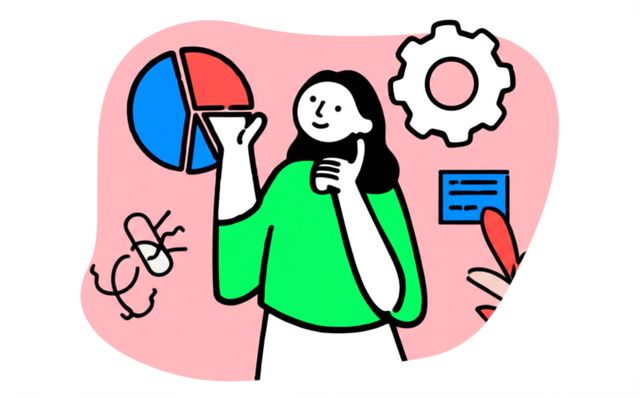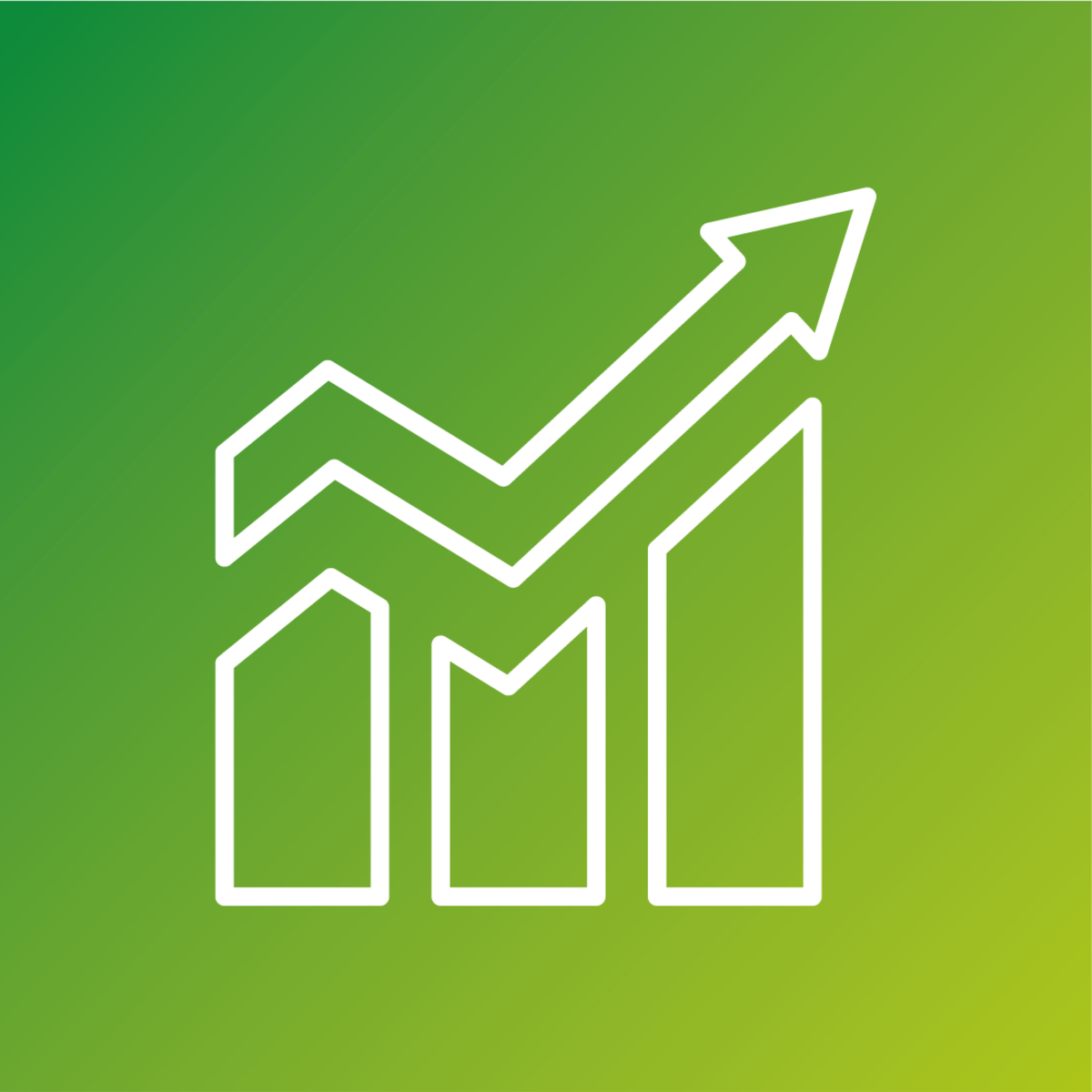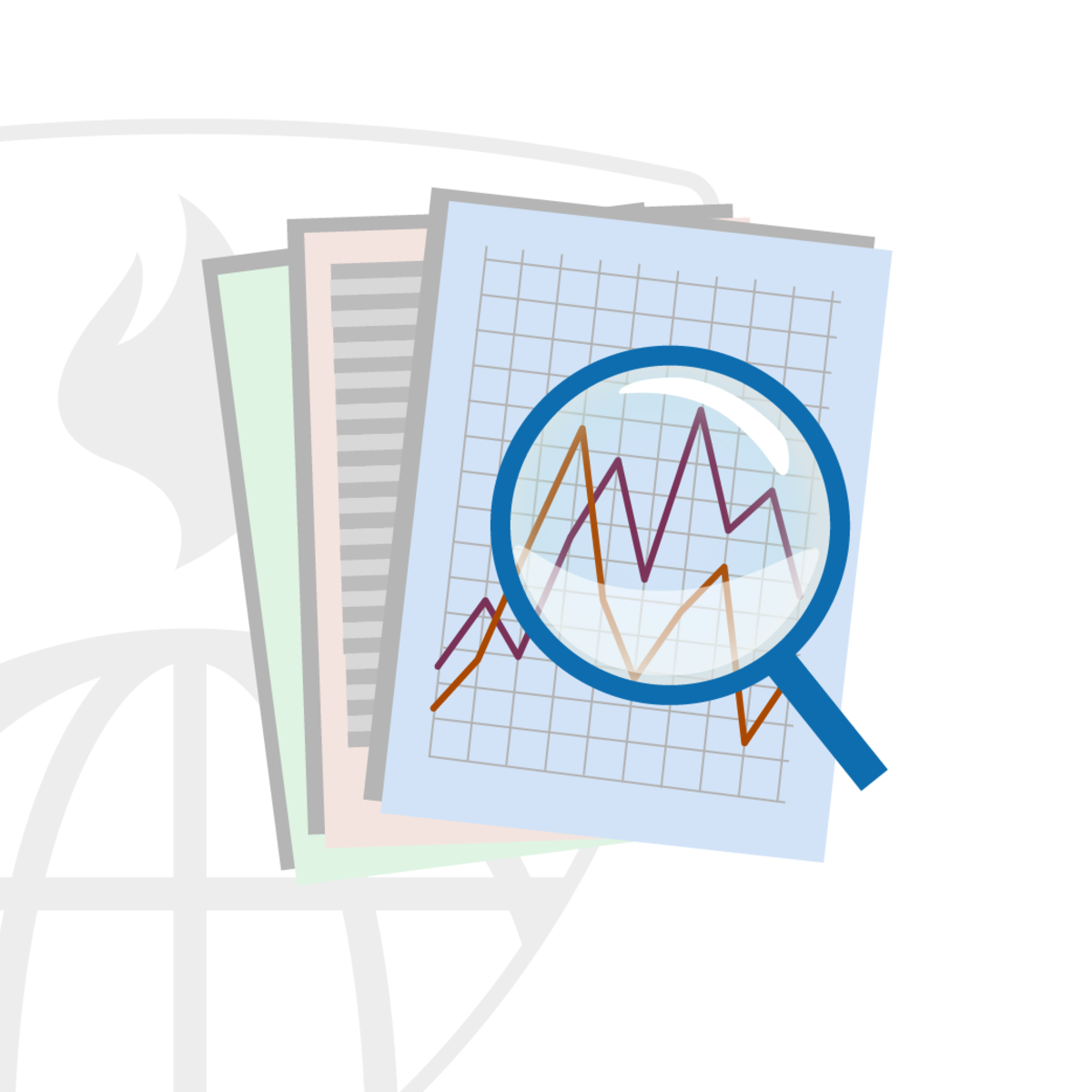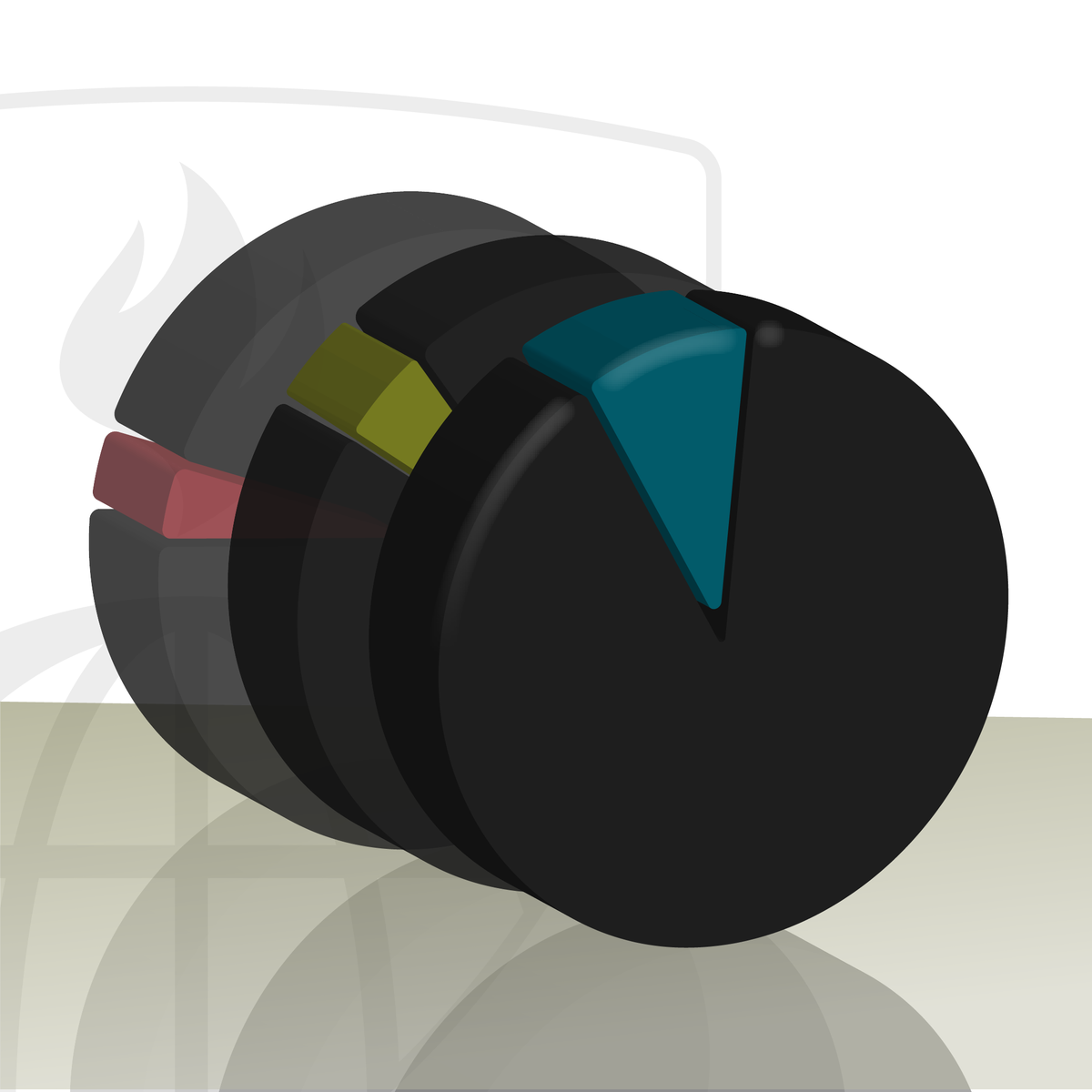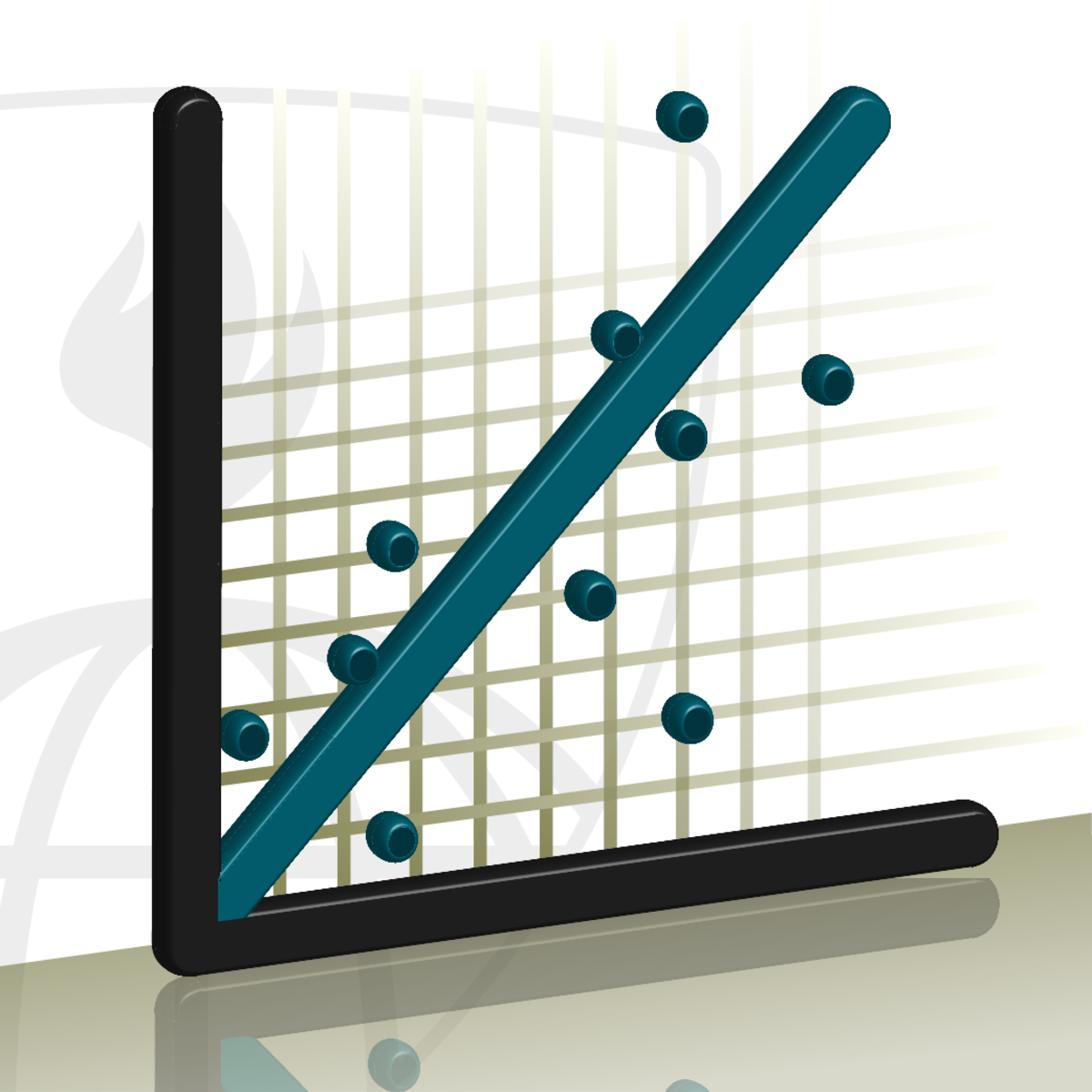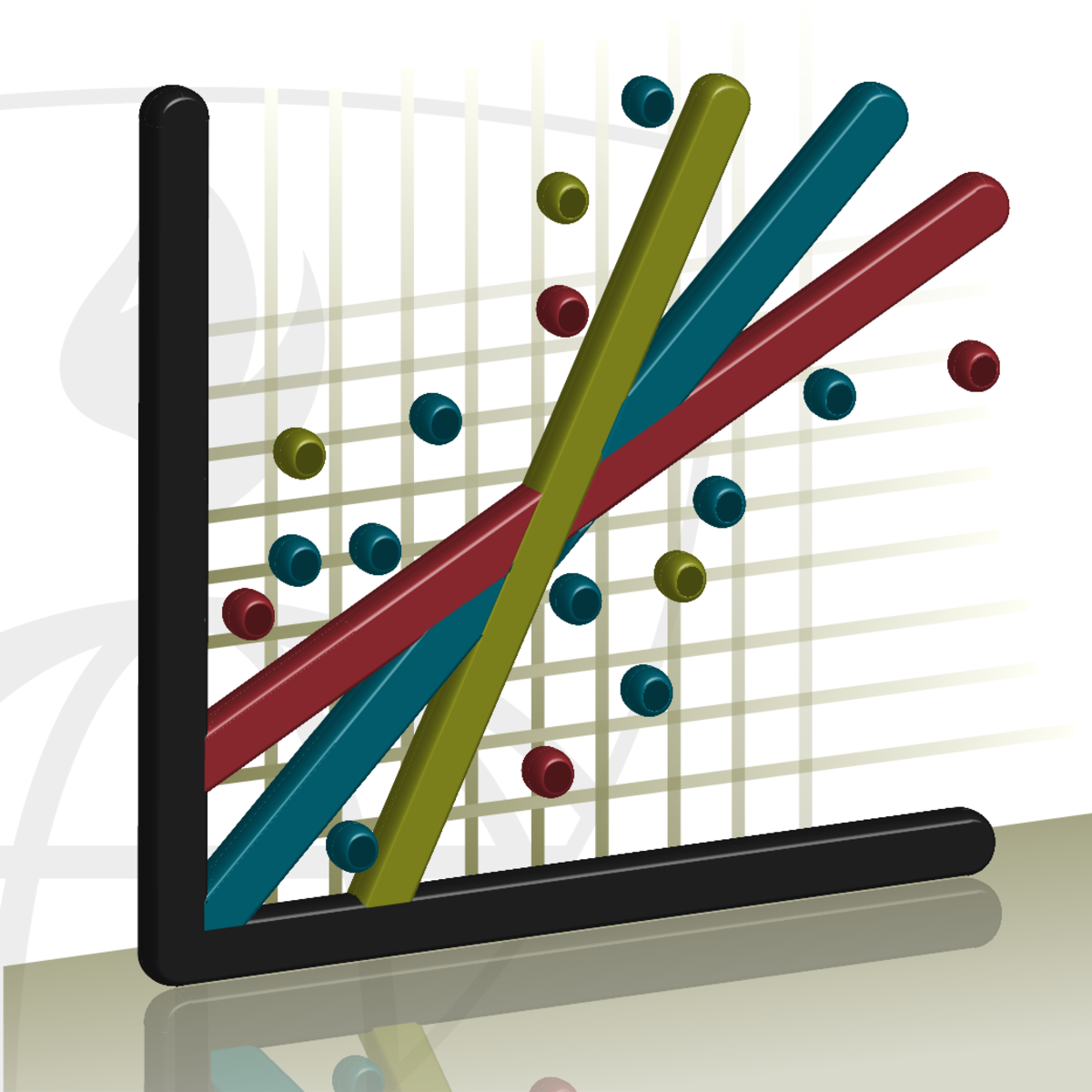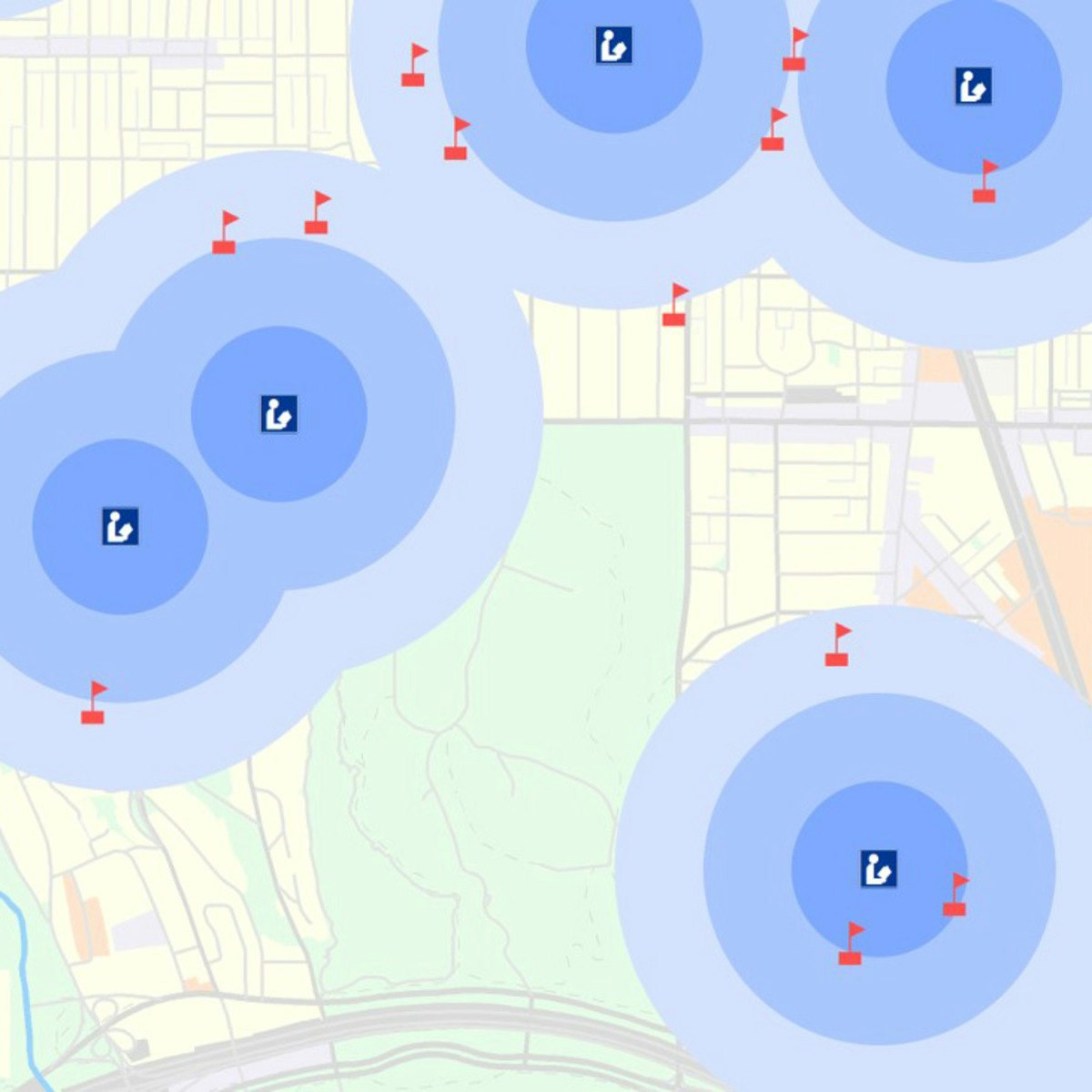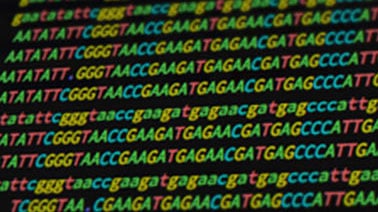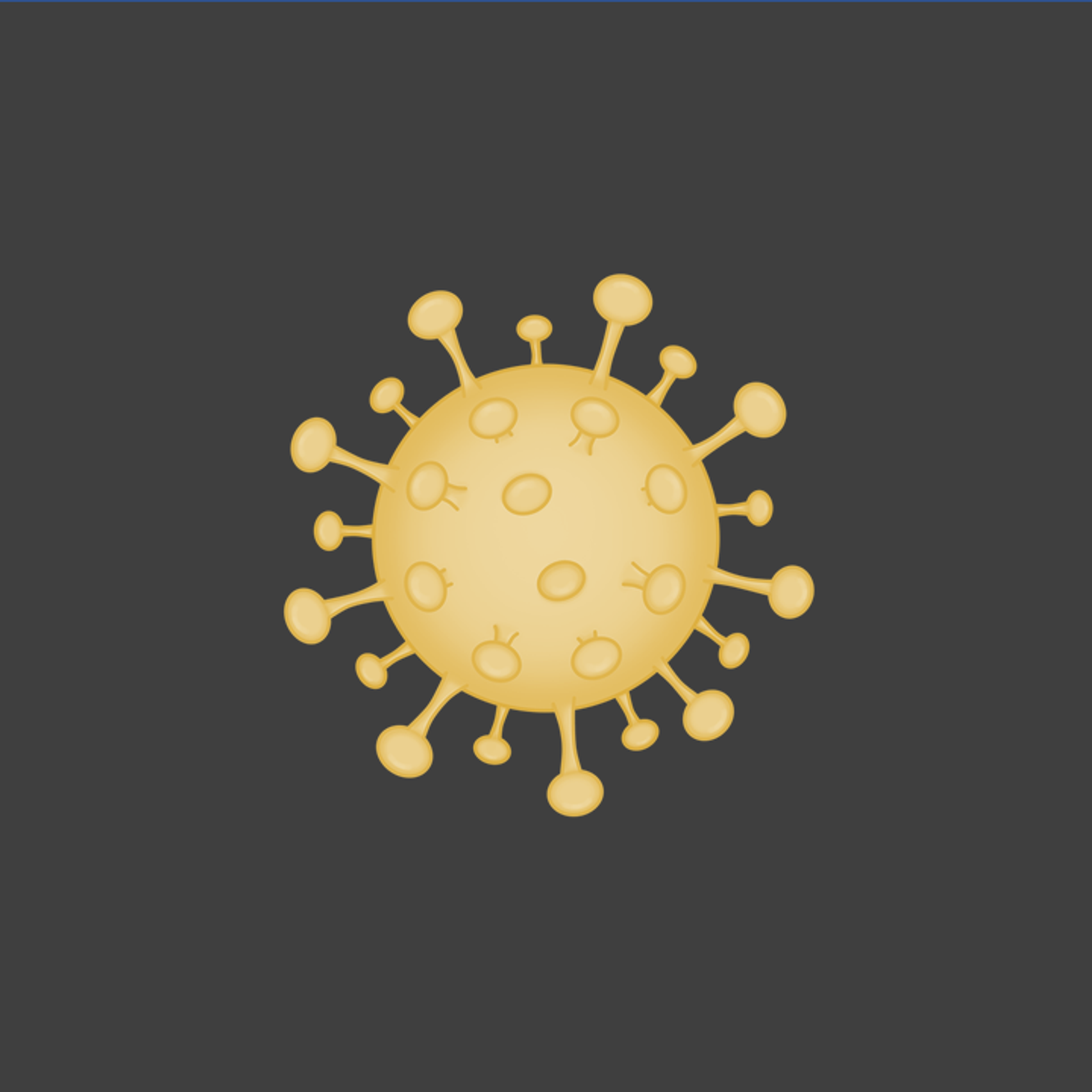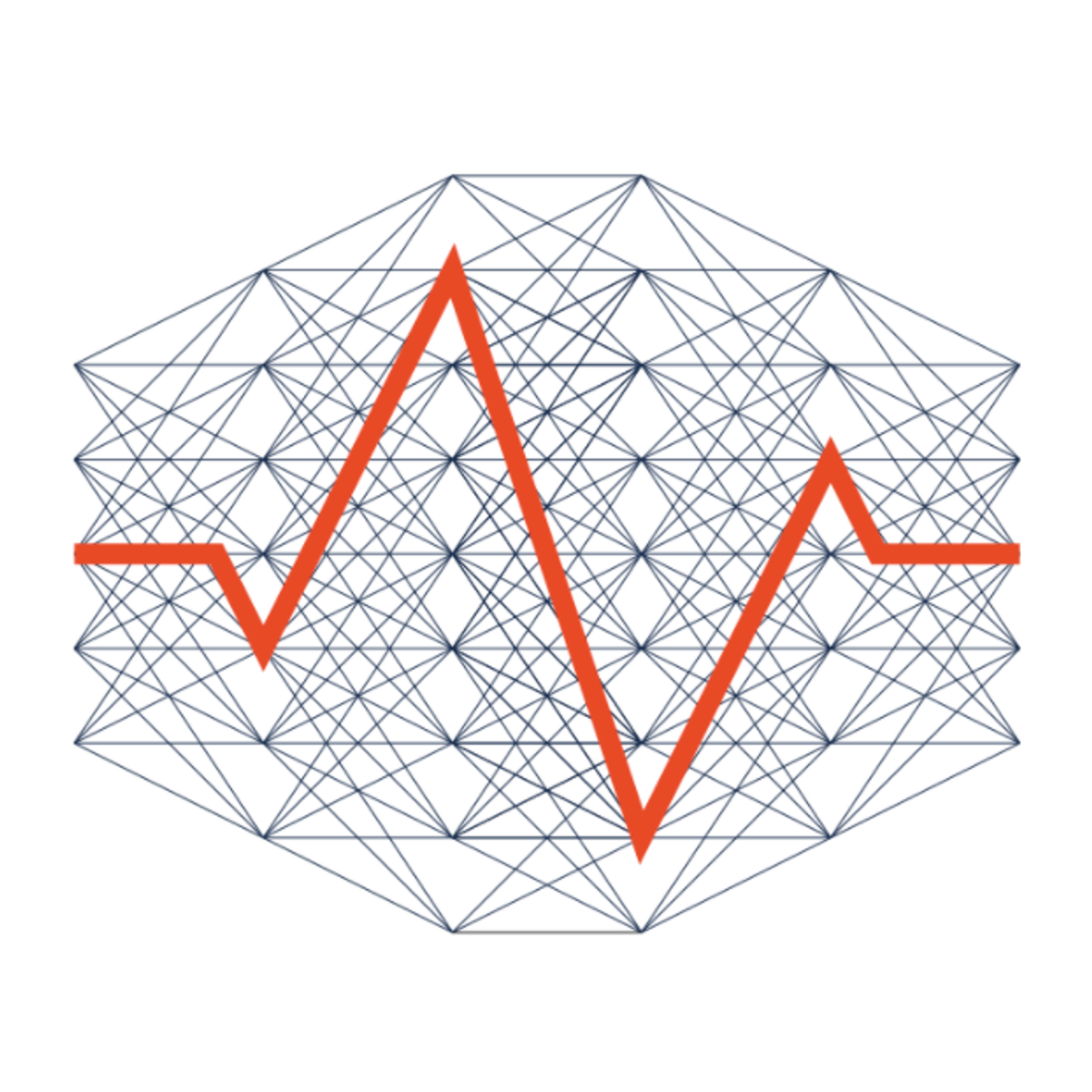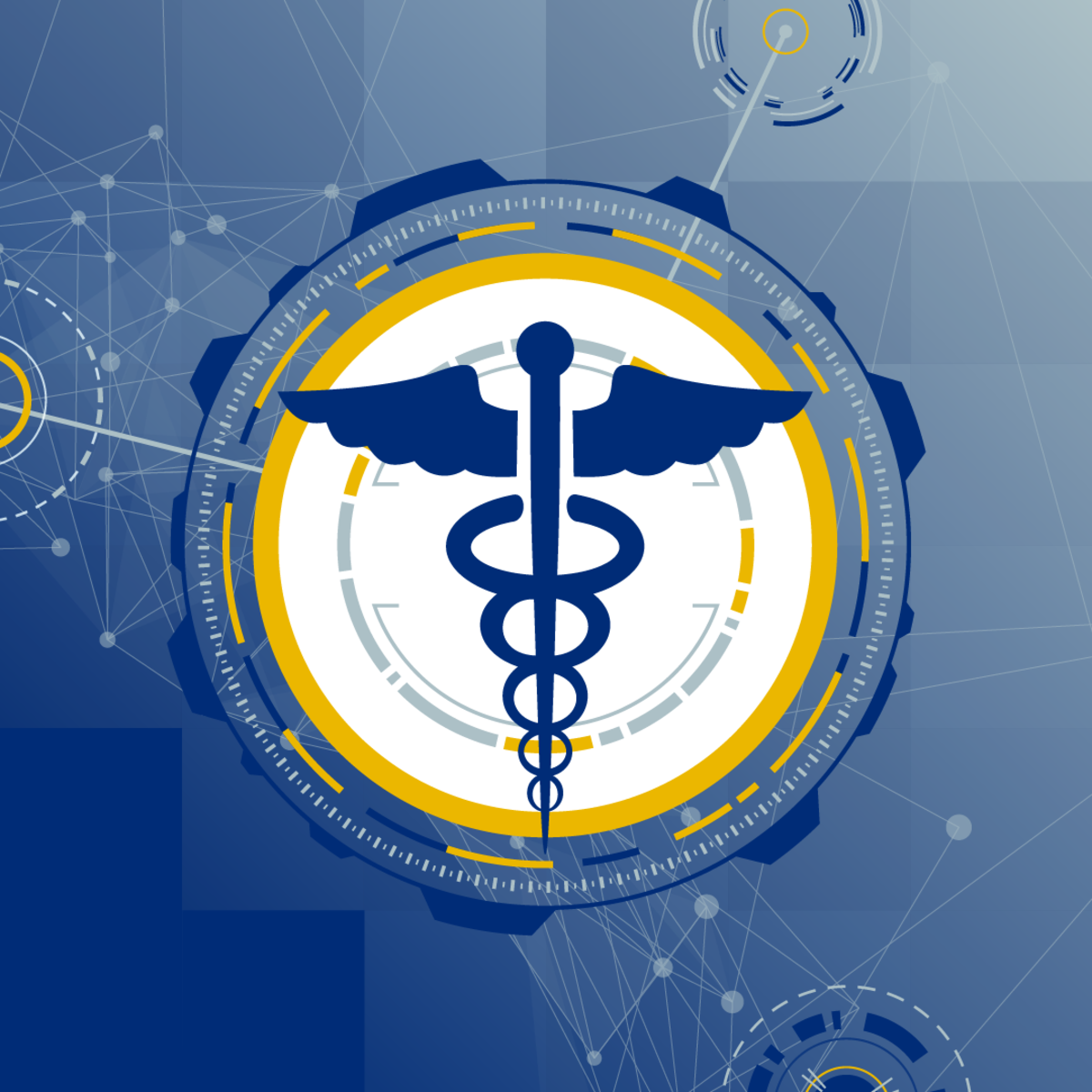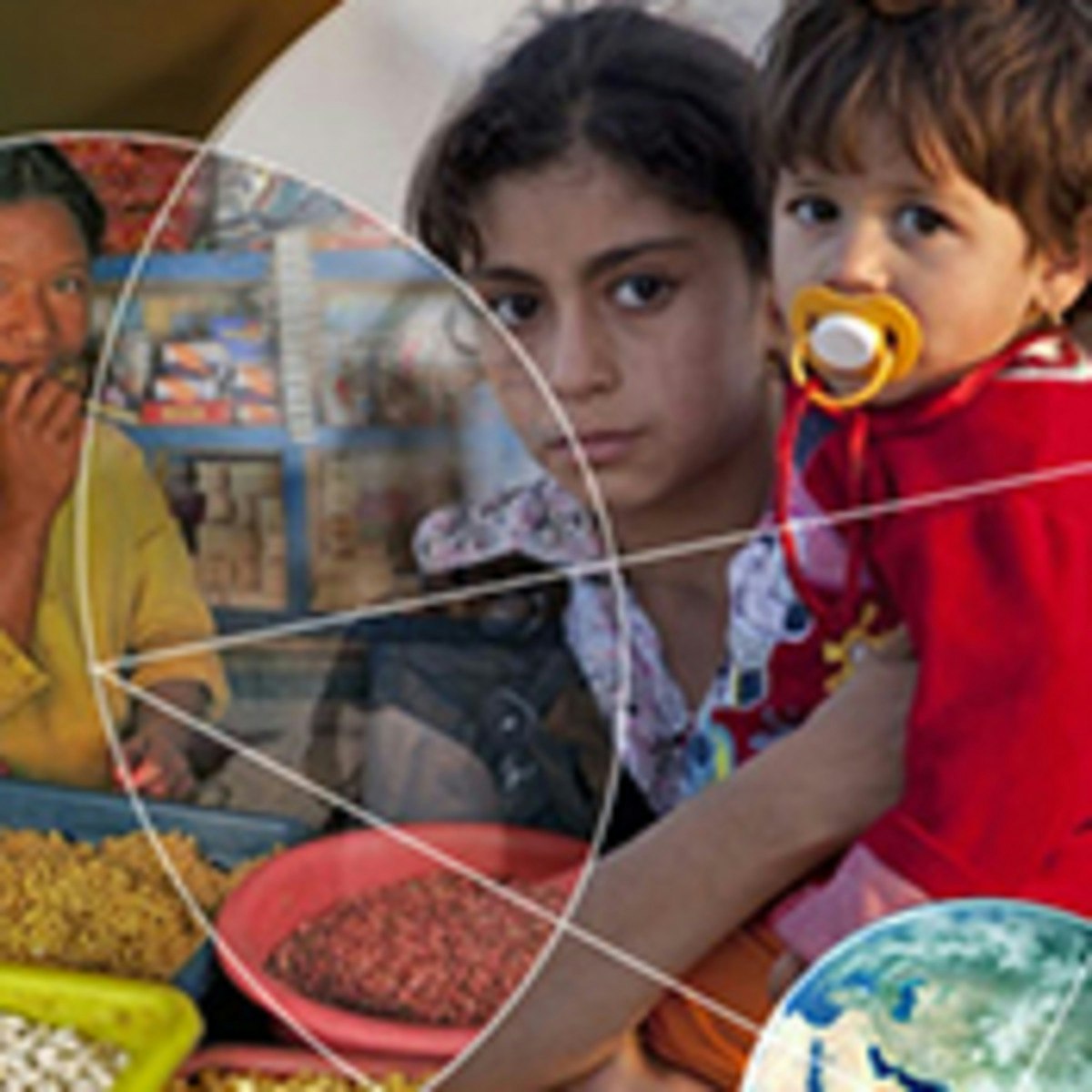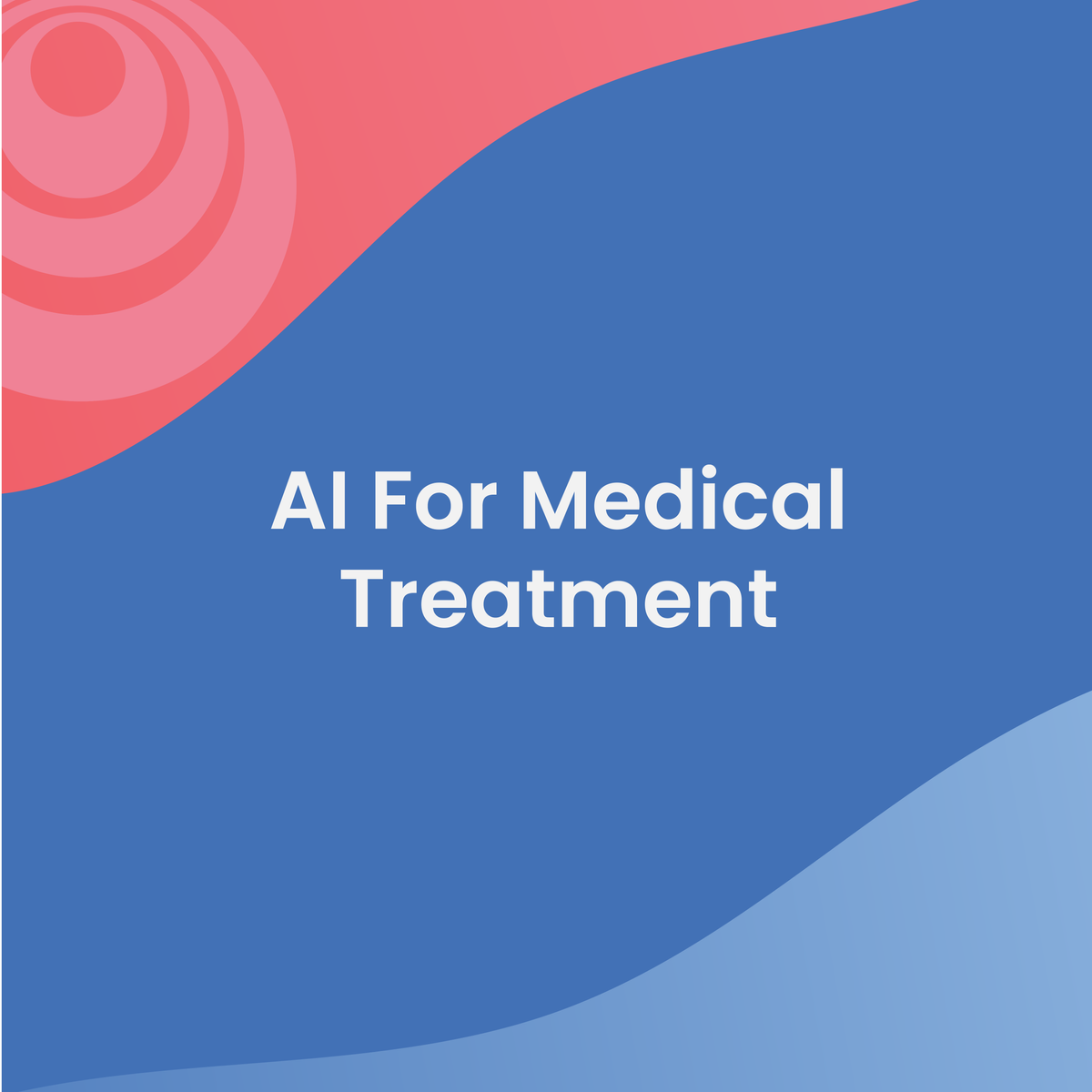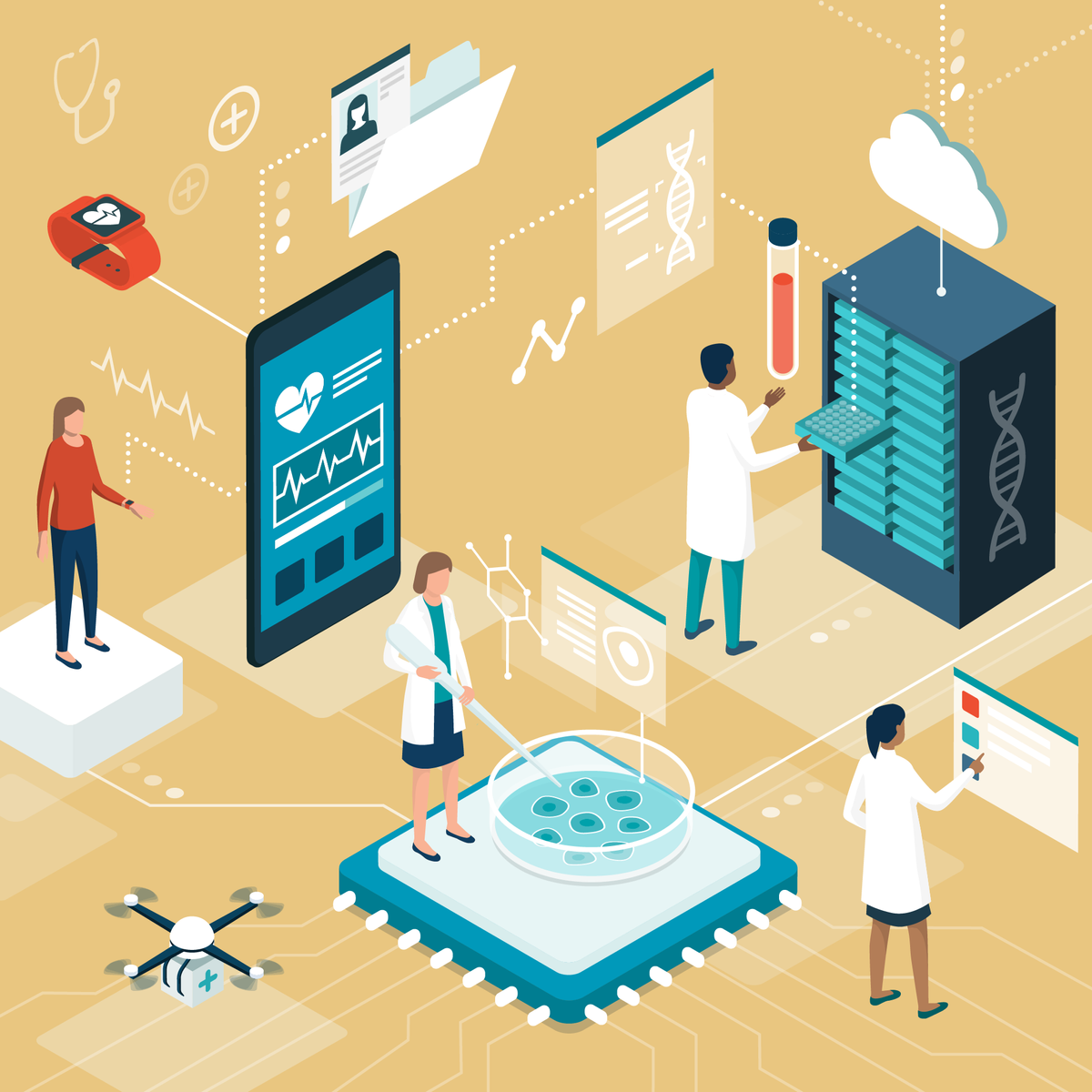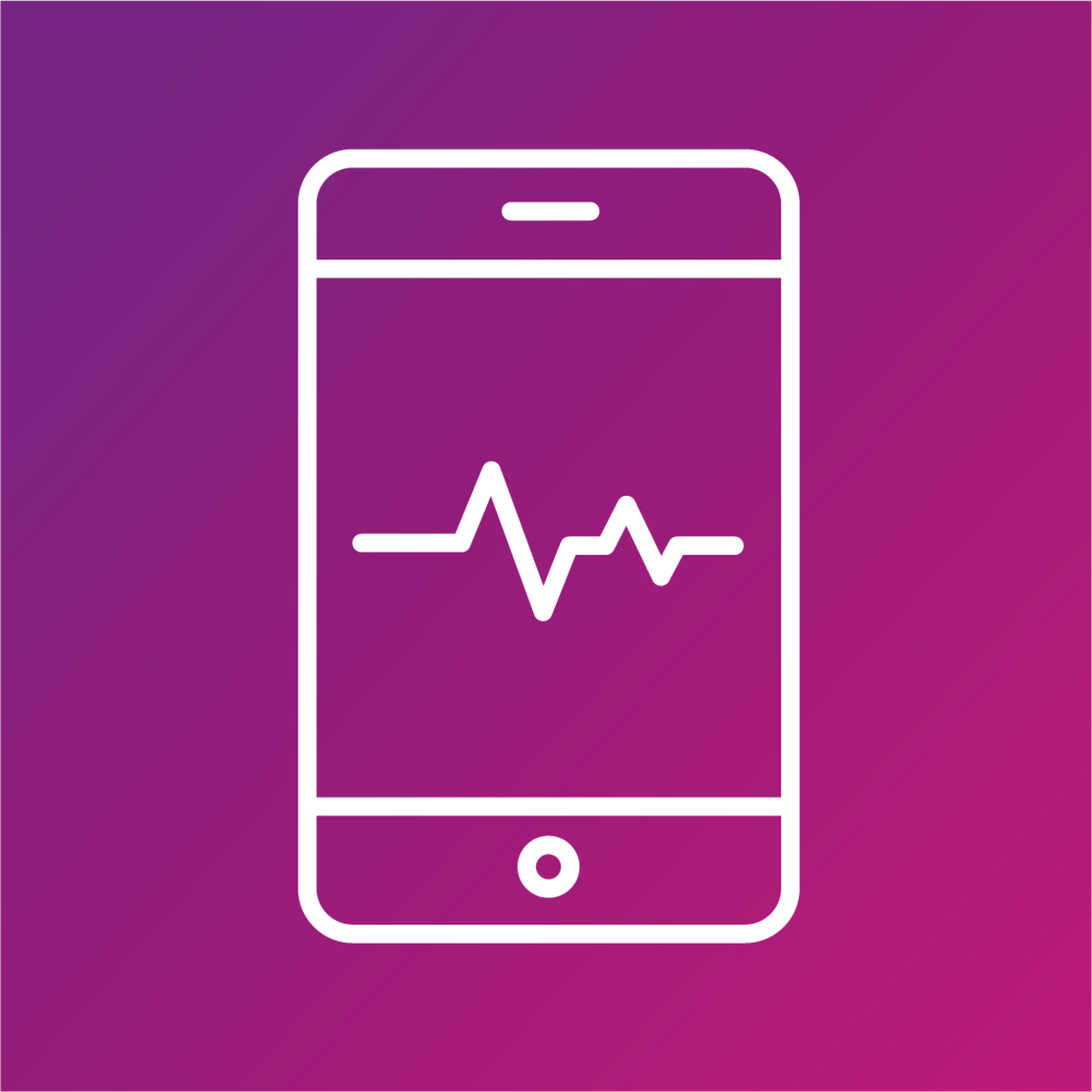Public Health Analyst
Exploring a Career as a Public Health Analyst
Public Health Analysts play a crucial role in safeguarding and improving the health of communities. They are the investigators and storytellers of public health data, transforming raw numbers and observations into actionable insights. By examining health trends, evaluating programs, and identifying risks, they help shape policies and interventions that protect populations from disease and promote overall well-being.
Working as a Public Health Analyst can be deeply engaging. You might find yourself analyzing data to pinpoint the source of a disease outbreak, evaluating the effectiveness of a community health initiative, or presenting findings to policymakers to advocate for healthier environments. This career often involves a blend of technical skill, critical thinking, and a strong sense of social responsibility, making it a compelling choice for those passionate about making a tangible difference in people's lives.
What Does a Public Health Analyst Do?
At its core, this role involves using data to understand health issues within populations and finding ways to address them. Analysts work behind the scenes, often for government agencies, non-profits, research institutions, or healthcare organizations, to provide the evidence needed for informed decision-making. Their work supports everything from local health programs to national health policies.
Defining the Role and Scope
A Public Health Analyst primarily focuses on collecting, analyzing, and interpreting health-related data. This could involve tracking disease patterns, assessing the impact of environmental factors on health, monitoring the success of public health programs, or identifying vulnerable populations. Their analyses help public health officials understand complex health problems and develop effective solutions.
The scope of their work is broad, touching upon various aspects of community health. They might investigate chronic diseases like diabetes or heart disease, infectious disease outbreaks like influenza or COVID-19, environmental health hazards, or social determinants of health such as poverty and access to care. They use their findings to inform program planning, policy development, and public health communication efforts.
This role is fundamentally about bridging the gap between raw data and practical public health action. Analysts translate complex statistical findings into clear reports and recommendations that non-experts can understand and use. This requires not only strong analytical skills but also excellent communication abilities.
Distinguishing from Related Roles
While the field of public health is collaborative, the Public Health Analyst role has distinct functions. For instance, an Epidemiologist primarily studies the distribution and determinants of diseases in populations, often focusing on outbreak investigations and disease surveillance. While analysts use epidemiological data, their scope might be broader, encompassing program evaluation and policy analysis beyond disease patterns.
Similarly, a Health Policy Advisor might focus more on the legislative and political aspects of health issues, drafting policies and advising lawmakers. Public Health Analysts provide the data and evidence that inform these policy discussions but may be less directly involved in the political process itself. Their strength lies in objective analysis and evaluation.
Other related roles include Biostatisticians, who specialize in the statistical methods used in health research, and Health Educators, who focus on designing and delivering health promotion programs. While analysts collaborate with all these professionals, their unique contribution is the interpretation of diverse data sources to provide a comprehensive picture for decision-making.
Societal Impact and Relevance
Public Health Analysts are essential to modern healthcare and societal well-being. Their work directly contributes to identifying health disparities, understanding disease trends, and evaluating the effectiveness of interventions aimed at improving population health. They provide the evidence base needed to allocate resources effectively and design targeted programs.
During public health crises, such as pandemics or environmental disasters, the role of the analyst becomes even more critical. They help track the spread of disease, identify high-risk groups, assess the impact of response measures, and communicate crucial information to the public and decision-makers. Their analysis informs immediate actions and long-term strategies.
Ultimately, Public Health Analysts contribute to longer life expectancies, reduced disease burden, and improved quality of life within communities. By ensuring that public health efforts are data-driven and evidence-based, they help create healthier environments and promote health equity for everyone.
Core Responsibilities
The day-to-day work of a Public Health Analyst revolves around data, policy, and collaboration. They are tasked with gathering information, making sense of it, and helping others use those insights to improve public health outcomes. Their responsibilities are varied but interconnected, all aimed at protecting and promoting community well-being.
Data Collection and Analysis
A primary responsibility is collecting relevant data from various sources. This might include public health surveys, electronic health records, vital statistics (births, deaths), disease registries, environmental monitoring data, and research studies. They need to understand the strengths and limitations of different data sources.
Once data is collected, analysts use statistical software and methods to clean, manage, and analyze it. They look for patterns, trends, correlations, and disparities related to health issues. This involves applying statistical techniques to understand disease prevalence, incidence rates, risk factors, and the impact of interventions.
Key tools for this work often include statistical software packages like R, SAS, SPSS, or Stata, as well as database management tools like SQL and data visualization software like Tableau or GIS (Geographic Information Systems).
These courses offer foundational knowledge in using data and specific tools relevant to public health analysis.
Policy Evaluation and Recommendations
Public Health Analysts play a crucial role in evaluating the effectiveness of existing health policies and programs. They use data to assess whether initiatives are achieving their intended goals, reaching the target populations, and represent a good use of resources. This evaluation helps identify successful strategies and areas needing improvement.
Based on their data analysis and evaluations, analysts develop evidence-based recommendations for new policies or modifications to existing ones. These recommendations aim to address identified health problems, reduce disparities, or improve the efficiency of public health services. They present these findings clearly to policymakers and stakeholders.
This process requires an understanding of policy development cycles, the ability to translate complex findings into actionable advice, and skills in communicating the potential impact of different policy options. Analysts must remain objective while effectively advocating for data-driven decisions.
These resources delve into using data for policy and evaluating program impact.
Collaboration and Communication
Public Health Analysts rarely work in isolation. They collaborate closely with a wide range of professionals, including epidemiologists, biostatisticians, healthcare providers, program managers, community leaders, and government officials. Teamwork is essential for gathering diverse perspectives and ensuring analyses are relevant and impactful.
Effective communication is paramount. Analysts must be able to present complex data and findings in a clear, concise, and understandable manner to different audiences, some of whom may not have a technical background. This includes writing reports, creating data visualizations, and giving presentations.
They may also engage with the public, disseminating health information or explaining the rationale behind public health recommendations. Building trust and ensuring clear communication are vital for the successful implementation of public health initiatives.
This book explores communication within public health contexts.
Outbreak Monitoring and Crisis Response
During public health emergencies, such as infectious disease outbreaks or pandemics, analysts are critical members of the response team. They monitor surveillance data in real-time to track the spread of the disease, identify clusters, and assess the impact on different communities. Their timely analysis informs immediate control measures.
Analysts contribute to situation reports, providing updates to health officials and the public. They may analyze data related to testing, hospital capacity, vaccination efforts, and the effectiveness of mitigation strategies like masking or social distancing. Their work helps guide resource allocation and public health messaging during a crisis.
This requires the ability to work under pressure, adapt quickly to changing situations, and handle large volumes of rapidly evolving data. Their analytical skills help make sense of chaos and provide crucial intelligence for effective crisis management.
These courses provide insights into investigating epidemics and managing data during health crises.
Educational Pathways to Become a Public Health Analyst
Entering the field of public health analysis typically requires a specific educational foundation. While paths may vary, certain degrees and areas of study are common prerequisites for building the necessary knowledge and skills. Understanding these pathways is crucial for aspiring analysts.
Relevant Undergraduate Degrees
A bachelor's degree is usually the minimum educational requirement for entry-level positions. Common majors include Public Health, Health Science, Statistics, Biostatistics, Epidemiology, Health Information Management, or related social sciences like Sociology or Economics with a quantitative focus. These programs provide foundational knowledge in health concepts, statistics, and research methods.
Coursework often covers topics like introduction to public health, basic epidemiology, biostatistics, health policy, environmental health, and social determinants of health. Gaining proficiency in data analysis tools like Excel and introductory statistics software during undergraduate studies is highly beneficial.
Internships or volunteer experiences in public health settings during undergraduate years can provide valuable practical experience and networking opportunities, strengthening an application for entry-level roles or graduate programs.
This book provides a broad introduction to the field, suitable for undergraduates.
Graduate Programs and Specializations
While a bachelor's degree may suffice for some entry-level roles, many employers, especially government agencies and research institutions, prefer or require a master's degree. The Master of Public Health (MPH) is a very common and highly relevant graduate degree. MPH programs typically offer specializations, such as Epidemiology, Biostatistics, Health Policy and Management, Environmental Health, or Health Promotion.
Other relevant master's degrees include a Master of Science (MSc) in Epidemiology, Biostatistics, Health Informatics, or Data Science with a health focus. These programs provide more in-depth training in quantitative methods, research design, data analysis techniques, and specialized software.
Choosing a specialization allows students to deepen their expertise in areas directly applicable to public health analysis, such as advanced statistical modeling, health economics, program evaluation, or health informatics.
These courses cover foundational statistical concepts often taught in graduate programs.
Professional Certifications
While not always required, professional certifications can enhance credentials and demonstrate expertise. The Certified in Public Health (CPH) credential, offered by the National Board of Public Health Examiners (NBPHE), covers core areas of public health knowledge and is often pursued by MPH graduates.
Another relevant certification is the Certified Health Education Specialist (CHES) or Master Certified Health Education Specialist (MCHES), offered by the National Commission for Health Education Credentialing (NCHEC). While focused on health education, the principles overlap with program planning and evaluation aspects of an analyst's role.
Specific software or technical certifications, such as those related to SAS, SQL, or specific GIS platforms, can also be beneficial, particularly for roles heavily focused on data management and analysis. These demonstrate proficiency in key tools used in the field.
Key Coursework and Competencies
Regardless of the specific degree, certain coursework and competencies are essential. Strong quantitative skills are crucial, so courses in biostatistics, epidemiology, research methods, and data analysis are fundamental. Familiarity with statistical software (R, SAS, SPSS, Stata) is highly valued.
Understanding health policy, program planning and evaluation, health informatics, and the social and behavioral sciences applied to health is also important. Courses covering these areas provide context for the data being analyzed and help in translating findings into practical recommendations.
Beyond technical skills, competencies in critical thinking, problem-solving, written and oral communication, and collaboration are vital for success. Public health analysis requires interpreting complex information and conveying it effectively to diverse audiences.
This book covers foundational statistical concepts crucial for the role.
Leveraging Online Learning for Skill Development
In today's rapidly evolving technological landscape, online learning offers flexible and accessible pathways to acquire and enhance the skills needed for a Public Health Analyst career. Whether supplementing formal education or facilitating a career pivot, online courses provide invaluable opportunities for targeted skill development.
OpenCourser aggregates thousands of courses, making it easier to find relevant learning opportunities across various platforms.
Essential Technical Skills via Online Courses
Online platforms excel at teaching specific technical skills crucial for public health analysis. Courses focusing on statistical software like R, SAS, SPSS, and Stata are widely available, allowing learners to gain hands-on experience from beginner to advanced levels. Proficiency in these tools is often a requirement for analyst positions.
Data management and analysis skills using SQL for databases and Python or R for data manipulation and visualization are also highly sought after. Online courses often break down these complex topics into manageable modules with practical exercises.
Geographic Information Systems (GIS) are increasingly used in public health to map disease patterns and analyze spatial data. Specialized online courses teach GIS software like ArcGIS or open-source alternatives like QGIS, equipping learners with valuable spatial analysis skills.
Consider these courses to build foundational technical skills often available online.
Project-Based Learning and Portfolio Building
Many online courses incorporate project-based learning, allowing students to apply newly acquired skills to real-world or simulated public health scenarios. Completing projects, such as analyzing a public dataset, creating data visualizations, or modeling disease spread, provides tangible evidence of competency.
These projects can form the basis of a professional portfolio, which is particularly valuable for career changers or recent graduates. A portfolio showcasing skills in data analysis, visualization, and interpretation using relevant tools can significantly strengthen job applications and demonstrate practical abilities to potential employers.
Look for online specializations or guided projects that culminate in a capstone project. These often involve tackling a complex problem using various techniques learned throughout the course sequence, providing a substantial piece for a portfolio.
These project-focused courses allow learners to apply skills and build portfolio pieces.
Integrating Online Learning with Formal Education
Online courses can effectively supplement traditional degree programs. University students can use them to gain deeper expertise in a specific tool or methodology not covered extensively in their curriculum, or to explore emerging areas like machine learning in healthcare.
For professionals already in the field, online learning offers a convenient way to stay updated on new techniques, software updates, and evolving public health challenges. Short courses or certificate programs can provide continuing education credits and help maintain a competitive edge.
For those considering a career change, online courses can serve as an accessible entry point to gauge interest and build foundational knowledge before committing to a full degree program. Completing relevant online certificates can demonstrate initiative and acquired skills to admissions committees or potential employers. OpenCourser's Learner's Guide offers tips on structuring self-learning paths.
These courses cover advanced topics or specific applications relevant for continuous learning.
Career Progression and Opportunities
A career as a Public Health Analyst offers various pathways for growth and advancement. Starting from entry-level positions, analysts can progress to roles with increasing responsibility, specialization, and leadership opportunities across different sectors.
Entry-Level Roles
Graduates typically begin in roles such as Junior Analyst, Research Assistant, Data Coordinator, or Program Assistant. In these positions, they often support senior analysts or teams by performing tasks like data entry, basic data cleaning, literature reviews, preparing reports, and assisting with program logistics.
These roles provide essential hands-on experience with public health data, methodologies, and organizational processes. It's a crucial phase for developing core competencies, understanding the practical challenges of public health work, and building a professional network.
Employers often look for a relevant bachelor's degree and foundational skills in data handling and communication. Internships or relevant volunteer work during studies can be advantageous for securing these initial positions.
This course can help build foundational skills often needed at the entry level.
Mid-Career Paths
With experience (typically 3-5 years) and often a master's degree, analysts can advance to mid-level positions. These roles might include Public Health Analyst, Epidemiologist, Program Evaluator, Health Informatics Specialist, or Policy Analyst. Responsibilities become more complex, involving independent data analysis, project management, program evaluation design, and contributing to policy recommendations.
At this stage, analysts often develop specialized expertise in a particular area, such as infectious disease epidemiology, chronic disease prevention, maternal and child health, environmental health, or health informatics. They may lead smaller projects or supervise junior staff.
Strong analytical, communication, and project management skills are critical for success in mid-career roles. Continued professional development, perhaps through certifications or advanced training, can facilitate this progression.
These courses cover skills relevant to mid-career progression, such as program assessment and specialized analysis.
Leadership Positions
Seasoned Public Health Analysts with significant experience (often 7-10+ years) and demonstrated leadership capabilities can move into senior and leadership roles. Titles might include Senior Public Health Analyst, Principal Analyst, Program Director, Director of Research and Evaluation, or Chief Data Officer within a health organization.
In these positions, responsibilities shift towards strategic planning, overseeing large programs or departments, managing budgets, mentoring staff, setting research agendas, and representing the organization to external stakeholders and policymakers. Leadership roles require strong management skills, strategic vision, and the ability to influence health policy at a higher level.
Advanced degrees (like a DrPH or PhD) may be beneficial or required for some top leadership or academic research positions. Extensive experience, a strong track record of impactful work, and excellent leadership qualities are key determinants for reaching these senior roles.
Industry Applications and Work Settings
Public Health Analysts work across a diverse range of settings, applying their skills to various health challenges. The specific focus and environment can differ significantly depending on whether they work for the government, non-profit organizations, or the private sector.
Government Agencies
Many Public Health Analysts are employed by government agencies at the local, state, or federal level. Examples include county and state health departments, the Centers for Disease Control and Prevention (CDC), the National Institutes of Health (NIH), and environmental protection agencies. In these roles, analysts support public health surveillance, program implementation, policy development, and regulatory functions.
Working in government often involves large-scale data systems, contributing to official health statistics, responding to public health emergencies, and ensuring programs comply with regulations. The work directly impacts public policy and community health initiatives.
The focus might range from local community health needs assessments to national disease tracking systems. Job security and benefits are often stable in government positions, though bureaucratic processes can sometimes be a factor.
This course focuses on data use in government and policy contexts.
Non-Governmental Organizations (NGOs) and Non-Profits
NGOs, community-based organizations, advocacy groups, and research foundations also employ Public Health Analysts. These organizations often focus on specific health issues (e.g., HIV/AIDS, maternal health, specific cancers) or serve particular populations (e.g., underserved communities, refugees). Analysts here support program design, implementation, evaluation, and advocacy efforts.
Work in the non-profit sector can be mission-driven and offer opportunities for direct community engagement. Analysts might evaluate the impact of local interventions, conduct community needs assessments, or prepare reports to support grant applications and fundraising.
The scope might be more localized or issue-specific compared to government roles. Resources and funding can sometimes be more constrained, requiring creativity and adaptability.
Private Sector Opportunities
The private sector also offers opportunities for Public Health Analysts. Healthcare systems and hospitals employ analysts to track patient outcomes, improve quality of care, and manage population health initiatives. Consulting firms hire analysts to advise government or healthcare clients on public health strategies and data analysis.
Pharmaceutical companies and medical device manufacturers may employ analysts for post-market surveillance, health economics and outcomes research (HEOR), or epidemiological studies related to their products. Technology companies developing health apps or platforms also need analysts to evaluate user data and health impacts.
Private sector roles may offer competitive salaries and opportunities to work with cutting-edge technologies. The focus, however, might be more aligned with business objectives or specific product lines compared to the broader population health goals of public sector roles.
Global vs. Community Health Focus
Public Health Analysts can choose to focus their careers on global health issues or community-level initiatives. Global health roles often involve working with international organizations (like the World Health Organization), NGOs operating internationally, or government agencies with global health programs. This work might address health challenges in low-resource settings, cross-border disease threats, or international health policy.
These courses offer insights into global health challenges and approaches.
Alternatively, analysts can focus on community health within a specific city, state, or region. This involves addressing local health priorities, working closely with community members and local organizations, and tailoring interventions to specific cultural and social contexts. Both global and community health offer rewarding opportunities to make a difference.
This course focuses on assessing health needs at the community level.
Market Trends and Demand
The demand for Public Health Analysts and related roles is generally strong and expected to grow. Factors driving this include the increasing focus on data-driven decision-making in healthcare, the need to address chronic diseases in aging populations, preparedness for future pandemics, and efforts to reduce health disparities. The U.S. Bureau of Labor Statistics (BLS) projects faster-than-average growth for related occupations like epidemiologists (27% growth 2022-2032) and community health workers (14% growth 2022-2032), suggesting a positive outlook for analysts with similar skill sets.
The increasing volume and complexity of health data (Big Data) also fuels demand for professionals skilled in health informatics and advanced analytics. According to StartUs Insights, trends like AI in public health and public health informatics are driving innovation and creating new roles. Proficiency in data science techniques, including machine learning, is becoming increasingly valuable.
Salaries vary based on experience, education level, geographic location, and sector. As of early 2025, sources like ZipRecruiter report an average annual salary around $95,753 in the US, with ranges typically falling between $70,500 and $123,000, though senior roles or positions in high-cost areas can command higher salaries. A master's degree often leads to more competitive salary offers.
Ethical Considerations in Public Health Analysis
Working with sensitive health information and influencing decisions that affect entire communities carries significant ethical responsibilities. Public Health Analysts must navigate complex ethical dilemmas related to data privacy, equity, and the potential impact of their work on individuals and groups.
Data Privacy and Confidentiality
Public Health Analysts often work with large datasets containing personal health information. Protecting the privacy and confidentiality of individuals whose data is being analyzed is paramount. This involves adhering to strict data security protocols and legal regulations like HIPAA (Health Insurance Portability and Accountability Act) in the United States.
Analysts must ensure that data is anonymized or de-identified whenever possible before analysis and reporting. They need to be vigilant about potential breaches of confidentiality and understand the ethical implications of linking different datasets, which could potentially re-identify individuals.
Ethical considerations also arise when using data from sources like social media or mobile apps, where consent and privacy expectations may be less clear. Analysts must balance the potential public health benefits of using such data against the privacy rights of individuals.
Equity in Resource Allocation and Interventions
Data analysis often reveals health disparities among different population groups based on race, ethnicity, socioeconomic status, geography, or other factors. Public Health Analysts have an ethical responsibility to highlight these inequities and consider fairness when recommending interventions or resource allocation.
Analysts must be careful not to perpetuate biases present in the data or analytical methods. They should strive to ensure that interventions benefit those most in need and do not inadvertently widen existing health gaps. This requires a critical examination of underlying assumptions and potential unintended consequences.
Ethical dilemmas can arise when resources are limited. Analysts must provide objective evidence to support difficult decisions about prioritizing certain populations or interventions, always keeping principles of justice and equity in mind.
These books delve into the complex issues surrounding race, equity, and systemic injustices relevant to public health.
Political and Social Influences
Public health decisions are often made within a political context. Analysts must strive for objectivity and scientific integrity, presenting findings accurately even if they are politically sensitive or challenge established interests. They face the ethical challenge of communicating complex and sometimes uncertain scientific information to policymakers and the public without oversimplification or distortion.
Commercial interests, political agendas, or social pressures can sometimes influence how data is interpreted or used. Analysts have an ethical obligation to resist pressures that could compromise the integrity of their work or lead to policies that harm public health.
Transparency about methods, data sources, limitations, and potential conflicts of interest is crucial for maintaining public trust. Analysts must navigate the intersection of science, policy, and public values with integrity and a commitment to the well-being of the population.
Challenges Faced by Public Health Analysts
While rewarding, the role of a Public Health Analyst is not without its challenges. Navigating funding constraints, communicating complex information effectively, and balancing competing priorities are common hurdles in the field.
Funding Limitations and Resource Constraints
Public health initiatives often rely on government funding or grants, which can be subject to budget cuts, political shifts, or changing priorities. Limited resources can constrain the scope of data collection efforts, program implementation, and evaluation activities. Analysts may need to find creative ways to maximize the impact of available resources.
Securing funding for new programs or research often requires analysts to build strong, data-driven justifications. Demonstrating the cost-effectiveness and potential health impact of interventions is crucial but can be challenging with limited preliminary data or long-term outcome measures.
These constraints can sometimes lead to difficult decisions about which health problems or populations to prioritize, adding an ethical dimension to the resource allocation challenge.
Communicating Complex Data Effectively
Translating complex statistical analyses and epidemiological findings into clear, understandable messages for diverse audiences is a significant challenge. Policymakers, community members, and even other health professionals may lack a deep understanding of statistical methods or epidemiological concepts.
Analysts must develop strong skills in data visualization, report writing, and oral presentation to convey key insights effectively without sacrificing accuracy. Misinterpretation of data can lead to poor decisions or public mistrust, making clear communication essential.
Dealing with uncertainty in data or predictions, especially during public health emergencies, adds another layer of complexity. Communicating uncertainty honestly while still providing actionable guidance requires careful balancing.
Consider exploring courses on data visualization or public health communication to hone these crucial skills.
Balancing Crisis Response and Long-Term Prevention
Public health systems must respond effectively to immediate crises, such as outbreaks or natural disasters, while simultaneously working on long-term prevention strategies for chronic diseases and other ongoing health issues. Public Health Analysts often find themselves juggling demands related to both.
Crisis situations can divert attention and resources away from important prevention programs. Analysts may struggle to maintain focus on long-term goals when urgent needs arise. Balancing the need for rapid analysis during emergencies with the meticulous work required for long-term planning and evaluation is a constant challenge.
Furthermore, the impact of prevention efforts is often less visible and harder to quantify in the short term compared to crisis response, which can make it more difficult to secure sustained funding and political support for preventive programs.
This course introduces systems thinking, a valuable approach for understanding complex public health challenges.
Future Trends in Public Health Analysis
The field of public health analysis is constantly evolving, driven by technological advancements, emerging health threats, and shifting societal priorities. Staying aware of future trends is crucial for analysts to remain effective and adapt their skills.
AI and Machine Learning in Predictive Health Modeling
Artificial intelligence (AI) and machine learning (ML) are poised to revolutionize public health analysis. These technologies enable the analysis of vast datasets (Big Data) to identify complex patterns, predict disease outbreaks with greater accuracy, personalize prevention strategies, and optimize resource allocation. Analysts will increasingly need skills in data science and familiarity with AI/ML tools.
This course provides an introduction to AI applications in a medical context.
Predictive analytics can help identify individuals or communities at high risk for certain conditions, allowing for targeted interventions. AI can also automate certain data processing tasks, freeing up analysts to focus on more complex interpretation and strategy development.
Ethical considerations surrounding bias in algorithms, data privacy, and equitable access to AI-driven tools will become increasingly important as these technologies become more integrated into public health practice.
This course explores how AI applications are evaluated in healthcare settings.
Climate Change and Health Impact Analysis
Climate change is recognized as a major public health threat, impacting everything from infectious disease patterns (e.g., vector-borne diseases spreading to new areas) to heat-related illnesses, respiratory problems from air pollution, and mental health impacts from extreme weather events. Analyzing the complex links between climate change and health outcomes is a growing area for public health analysts.
Analysts will need skills to integrate environmental data with health data, model future health impacts under different climate scenarios, and evaluate adaptation and mitigation strategies. This requires interdisciplinary collaboration with climate scientists, environmental experts, and urban planners.
Communicating the health risks associated with climate change and advocating for policies that address both climate mitigation and health adaptation will be crucial roles for analysts in the future.
These courses explore the intersection of planetary health, environmental factors, and public health.
Digital Health, Telemedicine, and Health Informatics
The proliferation of digital health tools, including electronic health records (EHRs), wearable sensors, mobile health apps, and telemedicine platforms, is generating unprecedented amounts of health data. Public Health Analysts skilled in health informatics are needed to manage, analyze, and interpret this data effectively.
Analyzing data from digital sources can provide real-time insights into population health trends, treatment adherence, and the effectiveness of digital health interventions. Telemedicine data can help understand access to care patterns, particularly in remote or underserved areas.
Challenges include ensuring data quality, interoperability between different systems, data security, and addressing the digital divide to ensure equitable benefits from digital health advancements. Analysts will play a key role in evaluating the impact of these technologies on health outcomes and equity.
This course focuses on evaluating digital health interventions.
Frequently Asked Questions (FAQs)
Navigating a career path involves many questions. Here are answers to some common queries about becoming and working as a Public Health Analyst.
What is the typical salary range?
Salaries for Public Health Analysts vary based on factors like education, years of experience, geographic location, and employment sector (government, non-profit, private). As of early 2025, data from sources like ZipRecruiter and Coursera suggest average salaries in the US are around $93,000 - $96,000 per year. The typical range often falls between $70,000 and $123,000, with entry-level positions starting lower (around $63,000 according to Coursera data for trainees) and senior/principal analysts potentially earning upwards of $130,000 - $150,000 or more.
Is remote work common in this field?
The feasibility of remote work depends heavily on the specific employer and role. Many data analysis tasks can be performed remotely, and the COVID-19 pandemic accelerated the adoption of remote work policies in many organizations, including public health agencies. However, some roles might require occasional site visits, community engagement, or in-person collaboration, particularly in government or community-based settings. Hybrid models combining remote and in-office work are also becoming common.
Can I transition from a clinical role?
Yes, transitioning from a clinical role (like nursing, medicine, or allied health) to public health analysis is possible and can be advantageous. Clinical experience provides valuable context and understanding of health issues, patient care processes, and healthcare systems. Professionals making this transition typically need to supplement their clinical background with formal education (like an MPH) or targeted training in epidemiology, biostatistics, data analysis methods, and relevant software tools. Highlighting transferable skills like critical thinking, problem-solving, and communication is also important.
How might automation impact job security?
While AI and automation may streamline certain data processing and analysis tasks, they are unlikely to fully replace Public Health Analysts. The role requires critical thinking, interpretation, understanding context, ethical judgment, and effective communication – skills that are difficult to automate completely. Instead, automation is more likely to change the nature of the work, allowing analysts to focus on higher-level tasks like interpreting complex findings, developing strategies, and communicating insights. Adaptability and willingness to learn new tools (including AI-powered ones) will be key for future job security.
Are there opportunities for global mobility?
Yes, the field of public health offers opportunities for international work. Global health organizations (e.g., WHO, UNICEF, World Bank), international NGOs, government agencies with global health programs (e.g., CDC's global programs), and academic institutions with international research projects all hire professionals with public health analysis skills. These roles often involve working on health challenges in different countries, collaborating with international partners, and potentially living abroad. Language skills and cross-cultural competency can be significant assets for global health positions.
This book offers a perspective on global public health issues.
What are the essential soft skills for success?
Beyond technical expertise, several soft skills are crucial for Public Health Analysts. Strong communication skills (both written and verbal) are essential for presenting complex data clearly. Critical thinking and problem-solving abilities are needed to interpret data accurately and develop effective solutions. Attention to detail is vital for ensuring data quality and analytical rigor. Collaboration and teamwork skills are necessary for working effectively with diverse stakeholders. Adaptability and curiosity are also important for keeping up with evolving methods and health challenges.
Helpful Resources
To further explore the field of public health and data analysis, consider these resources:
- American Public Health Association (APHA): A leading professional organization offering resources, publications, and networking opportunities.
- Centers for Disease Control and Prevention (CDC): A primary source for public health data, guidelines, and information in the U.S.
- World Health Organization (WHO): The leading international body for global public health information and initiatives.
- OpenCourser Health & Medicine Category: Browse online courses related to public health, epidemiology, biostatistics, and more.
- OpenCourser Data Science Category: Explore courses on data analysis, statistics, and relevant software tools.
Developing a career as a Public Health Analyst requires dedication to learning and a passion for improving community well-being. By leveraging educational resources, developing strong analytical and communication skills, and staying informed about emerging trends, you can build a rewarding career contributing to a healthier future for all. Utilize tools like OpenCourser's saved lists to organize your learning journey.

